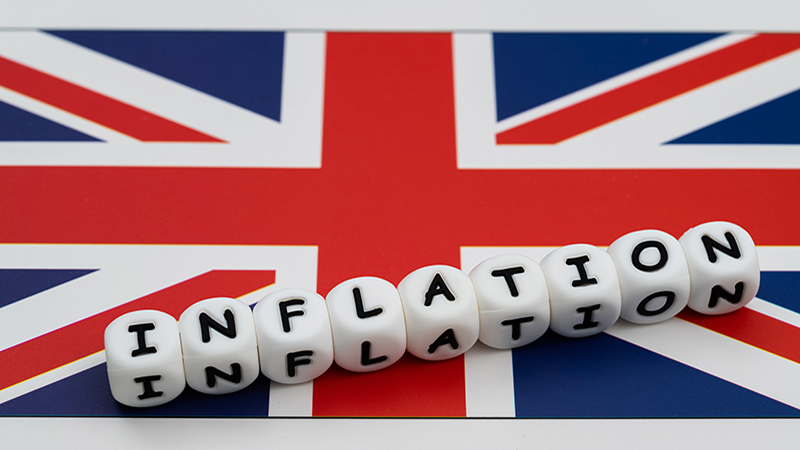December’s upside surprise in UK CPI is a “real worry” for policymakers, according to industry commentators, after the ONS revealed an uptick to 4% despite analysts anticipating a 10bps fall.
Tobacco and alcohol prices were highlighted as contributors to the unexpected increase.
“The surprise uptick in inflation this morning will be a bitter pill for both the Bank of England and the government to swallow,” said Derrick Dunne, CEO of YOU Asset Management.
“Both have been banking on seeing price rises continue to ease but clearly this isn’t happening with price rises persisting around 4% year-on-year.
“There is a real worry for policymakers here as it is likely to reinforce ongoing job market wage demands, despite signs of cooling in this area. It is looking increasingly unlikely we’ll see a base rate cut in the first half of this year, which markets won’t be hugely happy about and mirrors inflation developments in the US,” he added.
See also: UK annual wage growth falls below estimates to 6.6%
UK inflation has been easing since its October 2022 peak of 11.1%. However, it remains double the BoE’s 2% target.
Core inflation, which strips out energy, food, alcohol and tobacco prices, remained at 5.1%.
Susannah Streeter, head of money and markets, Hargreaves Lansdown, said: ‘’Frustration is in the air as UK inflation continues to prove stubborn. The slight rise in the headline rate to 4% is the last move companies and households wanted to see, as it pushes the prospect of interest rate cuts further down the line.
“There had been high hopes that with fuel costs falling and food price rises slowing, the headline rate of inflation would keep easing. However, rises in tobacco prices due to increases in duty helped pushed back up the headline rate. Although the cost of raw materials did fall by 2.8%, the cost of goods leaving factories ticked up by 0.1%.”
She added: “With inflation still double the BoE’s target, policymakers are still likely to stay ultra cautious about the prospects for interest rate cuts this year. Worries are still swirling about the effect on prices of delays to goods arriving from Asia, given that attacks in the Red Sea are disrupting around 20% of global shipping.
“The tight labour market here in the UK will also be a cause for concern, despite signs that wage growth is easing. Downwards pressure on inflation is still expected, with the World Bank forecasting global growth to slow, and the UK economy at the edge of recession, this should act as a further drag on demand. But the Bank of England is not expecting inflation to reach 2% until the end of 2025. So, although cuts are being eyed in 2024, more patience will be needed.”
Despite the concerns caused by the uptick, Michael Field, Morningstar European market strategist, was more optimistic.
He said: “[Today’s] slight disappointment aside, the fall in inflation over the course of 2023 has been astounding, declining from just over 10% in January to just 4% by year end. Something many economists thought improbable, if not impossible in early 2023.
“The BoE does deserve a lot of credit for this accomplishment. The central has successfully balanced a weak economy with interest rates at highs not seen since before the financial crisis. Further, the Bank has managed to take inflation down significantly without sending the economy into a recession. However, there are two caveats here.
“First, we are still a long way off the Bank’s 2% target level for inflation, in fact we are double this rate. Although the fall so far has been impressive, the going may get tougher from here.
“Second, the low inflation rates we are now experiencing are flattered by falling energy and food prices. Core inflation, while falling, still sits at close to 5%, a chunky number by any measure, reflecting that there is still a lot of work to be done.”










